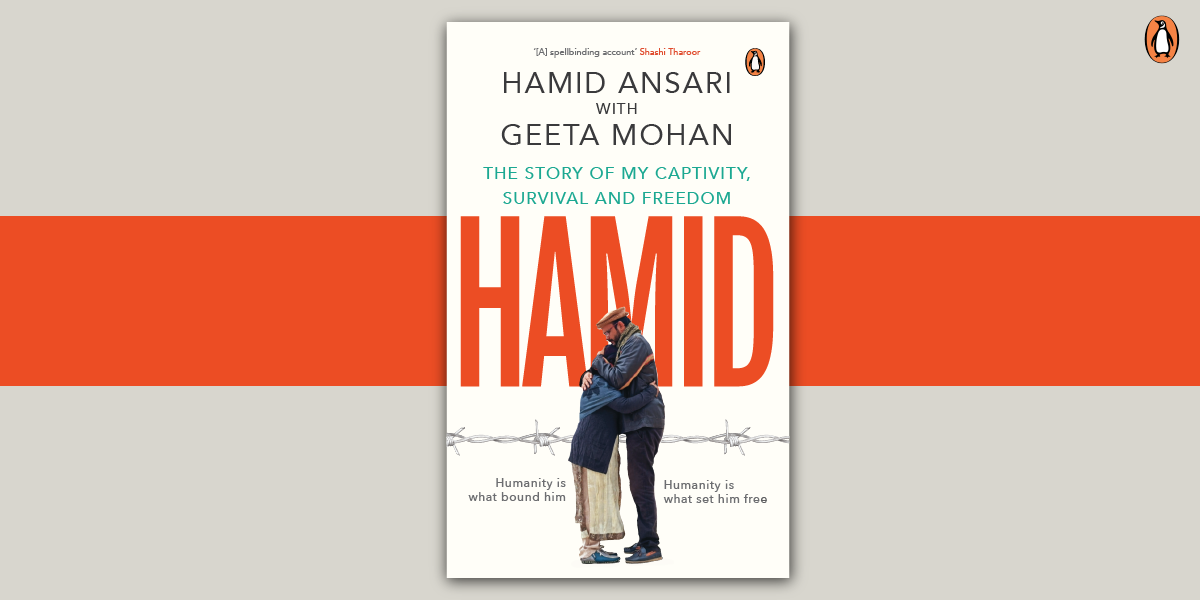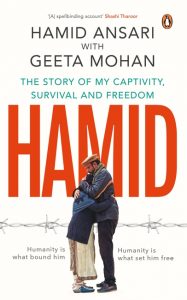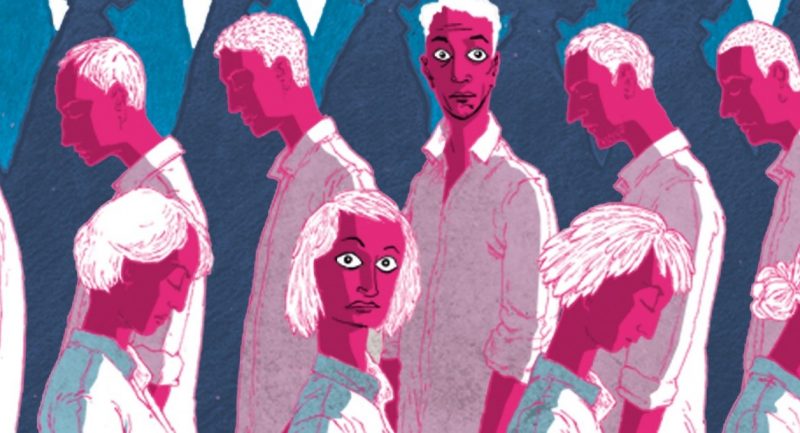
When Hamid Ansari returned to India in 2018, it was a matter of great public interest. He disappeared in November 2012, and wasn’t heard of until Pakistani authorities accused him of espionage. The then External Affairs Minister Sushma Swaraj also took an interest in his case and helped in his restitution.
Hamid Ansari’s mother Fauzia Ansari is the vice-principal of a Mumbai college, and his father Nehal Ansari is a marketing manager in Bank of India. Hamid had completed a degree in engineering and had gone to Dubai for an MBA internship. He did a lot of voluntary social service work with the Rotaract Club, often teaching at regional-language schools, helping students from weaker sections of society, cleaning the streets, etc. Through this club, he became friends with exchange students from Japan, Hong Kong, Afghanistan and other countries. That was how he met Hamdan Khan, from Afghanistan, who offered him a place to say should he ever visit the country.
In November 2012, the then 27-year-old techie told his parents he was going to Afghanistan to interview with an airline company. But a few days after landing in Kabul, Ansari went missing.

Ansari went to Pakistan on what he strongly believed was a humanitarian mission. Fiza, the woman he wanted to save, lived in a part of Pakistan well-known for honour killings. Hamid met Fiza on an online chatroom. They became friendly soon, but Fiza’s family was already bent and insistent upon Fiza getting married. Given the beliefs Fiza’s family held, it was a near impossibility that anything would come of their relationship.
But one day, Fiza’s brother shot and killed a boy in their neighbourhood, and shot at his own father. Her father took the blame, but as retribution, the jirga (local tribal council) decided that under the wani custom, Fiza was to be married off to an elder son of the aggrieved family as compensation. There was no space for negotiation in the matter. The word of the jirga was binding.
This turned Hamid’s world upside down in many ways. Jatin Desai, an activist spearheading the mission to get Hamid released, had said that the first time he met Hamid was around six months before he disappeared. Hamid had met with Desai asking for help in acquiring a visa to Pakistan. Hamid had been told by his friends later that he could find an easier passage into Pakistan through Afghanistan. His appeal to the Pakistani High Commission through the Rotaract Club had been rejected after great delay. Having received no communication from Fiza herself, he decided to try entering Pakistan through Afghanistan.
Meanwhile November 14, 2012 onwards, Fauzia stopped receiving any news from Hamid. She checked airline passenger lists and went to the consulate but to no avail. Hamid seemed to have well and truly disappeared.
He was arrested in Kohat, the city where Fiza lived. In all probability he was set up by the people he had trusted, who had taken him to the hotel where he was staying, and promised to take him to Fiza. He had been suspicious of sudden last-minute changes in their plan, but he was also and illegal entrant in a foreign country with dubiously made fake identity cards, he didn’t speak the local language, and he looked conspicuously out of place. He was completely at the mercy of the people he had initially trusted, people who would later make him deeply regret his decision.
Indians and Pakistanis alike worked tirelessly for his release. The story of Hamid Ansari is also the story of individuals caught in the faceless vortex of state power. It showcases individuals as human beings first, and nationally divided citizens after. Activists rallied for him on both sides of the border, Fauzia worked day and night, and Zeenat Shazbadi, the Pakistani journalist who worked his case throughout was also later detained for her links to Ansari and was subjected to ‘enforced disappearance’. Everyone put their lives at stake to fight through this situation. Above all, Hamid is a story of strength and resilience through the most hostile circumstances possible. It gives us activists, lawyers, parents – ordinary people – who are actually heroes in the real world, and it narrates the life of a man who survived impossible conditions dauntlessly, because he believed in the innocence of his cause.









